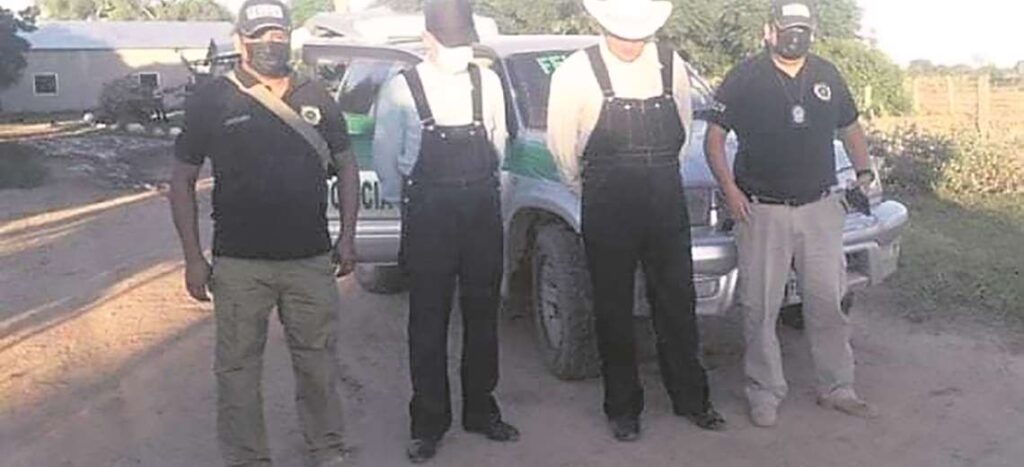covid-19 increases the risk of developing venous thrombosis deep up to three months after infection, pulmonary embolism up to six months or a hemorrhagic event up to two months after the disease is overcome, according to a Swedish study published in the British Medical Journal (BMJ).
The report highlights that the risk is higher among patients with comorbidities and in those who suffer Severe Covid-19Although his presence was more marked during the first wave pandemic than in the second and third.
Covid-19 was known to increase the risk of serious blood clotsknown as venous thrombosis, but there was less information on the period during which the risk was higher and whether it varied during the different pandemic waves, according to the AFP news agency.
To conduct the study, the researchers identified more than one million people in Sweden infected with the coronavirus between February 1, 2020 and May 25, 2021, and matched them by age, sex and place of residence with four million people who were not infected.
With this, they calculated the rates of deep vein thrombosis, pulmonary embolism and bleeding among people who had Covid-19 throughout the control period and compared it with the group without contagion.
According to the researchers, the higher risks observed during the first wave compared to the next two could be explained by improvements in treatments and vaccine coverage among older patients.
For the researchers, the results justify take steps to prevent a thrombosis (such as administering treatments for prevent blood clots blood vessels), particularly for high-risk patients.
They also highlighted the importance of vaccination against Covid-19.

















